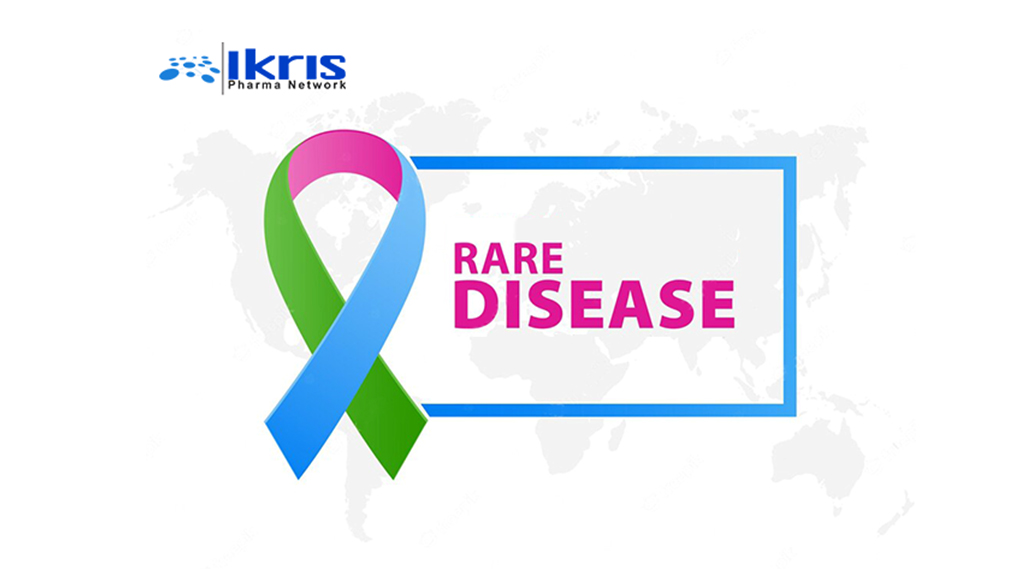The meaning of the term “Rare” is “not occur very often”, but rare diseases are cumulatively not so rare anymore. WHO refers to the rare disease as an often debilitating life-long disease or disorder with a prevalence of 1 or less per 1000 population. Although, different countries have different definitions to suit their particular requirements and in the context of their people, the health care system and resources.
What are the Issues and Challenges in India?
The landscape of rare diseases is complicated and heterogeneous. The field of rare diseases is continuously changing as new rare diseases and conditions are being recognized and reported regularly in the medical sector. There are a few rare diseases where progress has been made, but the field is still at an initial stage. Doctors, researchers and policymakers did not know about rare diseases for many years. There has been no real research or public health policy concerning issues related to this field to date. This poses alarming obstacles in developing a comprehensive policy on rare diseases. Nevertheless, it is necessary to take steps, in the short as well as long term, to tackle rare diseases holistically and comprehensively.
Rare disorders constitute a significant economic burden independent of a country in size and demography, arising from increased healthcare spending. As resources are limited, there is a macroeconomic allocation dilemma due to the opportunity cost of funding rare disease treatment: on the one hand, health problems of a much larger number of persons can be addressed by allocating a relatively smaller amount, on the other, much greater resources will be required for addressing health problems of a relatively smaller number of persons.
Rare disease landscape: India
In India, there is a lack of data on how many people suffer from rare diseases worldwide. The cases recognized so far have been diagnosed at tertiary-level hospitals. The lack of data on rare diseases hinders understanding the extent of the burden of rare diseases and the development of a definition. In such cases, the economic burden of most rare diseases is unknown and cannot be appropriately estimated from the existing data sets.
Although extremely challenging, considering the complexity of several diseases and the difficulties in diagnosis, there is a clear requirement to undertake systematic epidemiological studies to ensure the number of people suffering from rare diseases in India. So far, only a limited number of diseases have been recorded in India that are globally considered rare diseases through ambit may comprise 7000 to 8000 disorders.
Common reported rare diseases consist of:
- Primary immunodeficiency disorders,
- Lysosomal storage disorders (such as Gaucher’s disease, Mucopolysaccharidoses, Pompe disease, Fabry disease etc.)
- Small molecule inborn errors of metabolism (Maple Syrup urine disease, organic acidemias etc.),
- Osteogenesis imperfecta,
- Cystic Fibrosis,
- Duchenne muscular dystrophy, spinal muscular atrophy, etc.
Initiatives by the Government of India for Rare Diseases
Initiatives by the Government of India for rare disease patients:
- The Policy offers financial support of up to Rs. 50 lakhs to patients suffering from any category of rare disease for treatment at any of the CoEs mentioned in NPRD-2021, outside the Umbrella Scheme of Rashtriya Arogaya Nidhi.
- State Governments can consider supporting patients with rare disorders that can be managed with special diets or hormonal supplements, or other relatively inexpensive cost interventions.
Ikris Pharma Network: Helping in access to Rare disease medicine
Ikris Pharma Network CEO Praveen Sikri believes “every life matters,” and he led the foundation of Ikris Pharma Network (IPN) with the idea of helping people to access the World’s most advanced treatment option to date, irrespective of geographical boundaries. Under the Named Patient Import Programme, IPN is helping patients with Rare and other chronic diseases to access hard-to-access medicines unregistered in India and other parts of the World. So far, Ikris Pharma Network has served 1000+ patients with rare diseases globally. Over the years, Ikris Pharma has successfully built an efficient network and is the only company with a pan-India presence certified by GDP and ISO under WHO Guidelines.
The named Patient Programme has been designed by the Government to make sure that medicines if required in exceptional medical circumstances, can be supplied to a patient even when it is at investigational and clinical development stages or is unregistered and unlicensed for marketing, distribution, and sale in a particular country. The aim is to provide access to such medicines outside the scope of the regular legal and operational framework. As long as a doctor/ healthcare professional certifies that all existing therapy options within the country have been exhausted for a given patient condition, and the only recourse to save the patient’s life could be in the form of that investigational or unregistered medicine, patients and families can access facilities under Named Patient Import Programme.
Apart from facilitating services such as the Named Patient Import Program, Ikris Pharma has expertise in Reference Listed Drugs sourcing, export of generic medicines, contract manufacturing and validated cold chain supplies, serving worldwide.
For more information visit: https://www.ikrispharmanetwork.com/
















